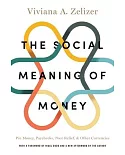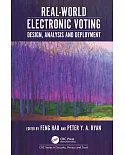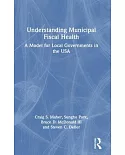In Turkey, public procurement comprises a substantial share in government spending and in the country’s GDP. Moreover, public procurement is the most important area where the state and the
private sector interact most extensively. A new public procurement law (PPL), initiated with the improved prospects for joining the EU, designed to make procurement processes more transparent
and depoliticized, was enacted in 2003. Since then the PPL has been subject to a number of controversial amendments, most of which were not in line with EU standards. These developments have
raised doubts about the use of public resources for personal interest both by public officials and private sector. Turkey’s graft probe crisis of December 2014 confirmed these fears,
revealing details of extensive state-business interactions and exposing how they have become sources of corruption. Through a quantitative analysis of all public procurement projects
conducted between 2005 and 2012, this book sheds light on recent and future developments in Turkey’s public procurement system.





















